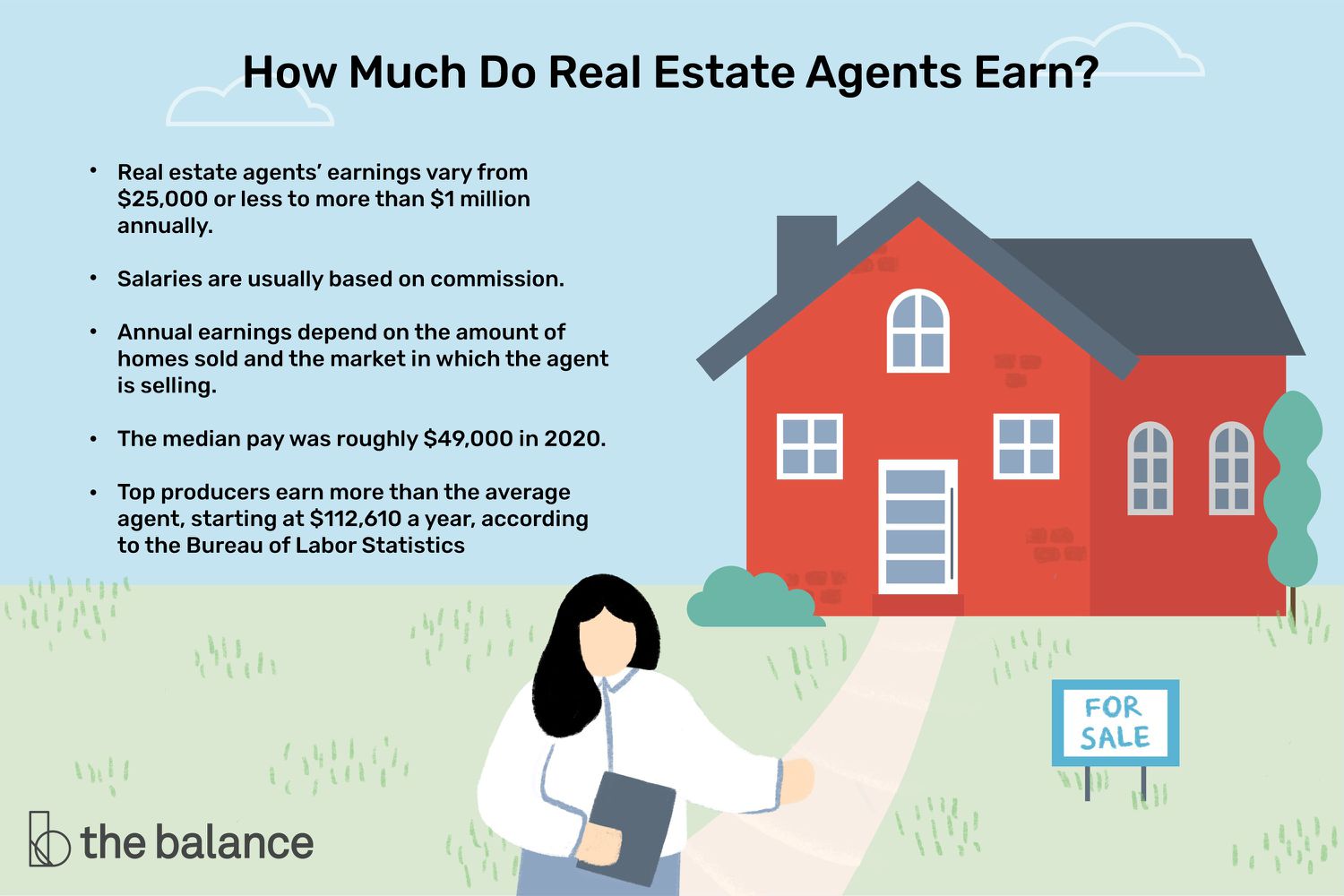
To obtain a real estate license in Oregon, you must be at least 18 years old. In addition, you must be a US citizen or a permanent resident alien. You must also have proof that you graduated from high school. You must also pay a fee of $230 to apply. More information is available on the application.
Pre-licensing Education
You will need to complete pre-licensing education courses if you want to earn an Oregon real property license. There are many options. Some schools will supply textbooks, others will offer online instruction. While some schools may offer exam prep, it is more economical to buy these courses separately.
OnlineEd Pre-licensure Course is an option. This online course offers supplemental MP3 audio, career resources, as well as a study plan. The course is taught by PSI, the company that administers the state licensing exam. It also offers testing facilities throughout Oregon.
Exam
The Oregon real estate license exam is designed to test your knowledge of state real estate laws. It is important to prepare by taking a high-quality exam prep course. The best Oregon real estate training course will include both lecture videos and practice exams. These materials are divided into modules, which consist of audio/visual presentations, reading assignments, and multiple choice questions.

The real property law section covers six main topics. These are ownership, land use controls disclosures, valuation, taxes and contracts. It also covers law governing broker activity. This exam is not an easy task. There are many resources available and textbooks to assist you with studying for the exam.
Requirements
An exam and background check are required in order to obtain a Oregon real property license. The exam is broken into two sections: one for the national portion, and one for the state portion. To be licensed in Oregon you must score at most seventy-five percent on both parts. There are fifty questions in the state section, while the national section includes 80. Both sections have a pass rate of seventy-five per cent.
You can choose to buy individual courses or complete a premium package that includes post-licensing courses. Each course contains seven interactive modules. Each module includes extensive study materials, practice exams, and detailed study material. The standard package is for those who are familiar with real estate. If you don't have any experience, the basic package is available. The basic package is best for people with previous real estate experience. If you are new to the field, you can purchase a course that includes a business-building course.
Costs
You need to be licensed before you can work in Oregon as a real-estate broker. Your license needs to be renewed every 2 years. The $230 renewal fee may be paid by credit card. The background check includes fingerprinting.
Many people prefer to study pre-license education online. These courses are self-paced, and provide study materials. These courses often guarantee you will pass your exam on the first attempt. These courses are priced differently depending on where you go. It is important that you choose the right course to suit your needs. It is not enough to check a box. You will want to know everything you can in order to pass the licensing exam and become a licensed agent.

Requirements in order to renew license
Before you can apply for your Oregon real-estate license renewal, you must first understand the requirements. You must be at least eighteen years old, submit fingerprints, and pass a background check. Pre-licensing education must be completed for at least 180 hours. A mandatory three-hour course in lead poisoning mitigation is required. Every two years, you must complete at least fourteen hours of continuing education.
You can find many online resources that will help you prepare to renew your Oregon real-estate license. Some of these resources include online courses by Kaplan Real Estate Education. You can buy individual courses, or an entire package. The textbooks can also be purchased. Many of these courses are available online, which makes them affordable even for those with modest budgets.
FAQ
How do I calculate my interest rate?
Market conditions influence the market and interest rates can change daily. The average interest rates for the last week were 4.39%. Add the number of years that you plan to finance to get your interest rates. Example: You finance $200,000 in 20 years, at 5% per month, and your interest rate is 0.05 x 20.1%. This equals ten bases points.
Is it better to buy or rent?
Renting is generally less expensive than buying a home. But, it's important to understand that you'll have to pay for additional expenses like utilities, repairs, and maintenance. A home purchase has many advantages. You'll have greater control over your living environment.
What are the most important aspects of buying a house?
When buying any type or home, the three most important factors are price, location, and size. Location is the location you choose to live. Price refers how much you're willing or able to pay to purchase the property. Size refers to how much space you need.
Statistics
- It's possible to get approved for an FHA loan with a credit score as low as 580 and a down payment of 3.5% or a credit score as low as 500 and a 10% down payment.5 Specialty mortgage loans are loans that don't fit into the conventional or FHA loan categories. (investopedia.com)
- This seems to be a more popular trend as the U.S. Census Bureau reports the homeownership rate was around 65% last year. (fortunebuilders.com)
- 10 years ago, homeownership was nearly 70%. (fortunebuilders.com)
- Based on your credit scores and other financial details, your lender offers you a 3.5% interest rate on loan. (investopedia.com)
- Some experts hypothesize that rates will hit five percent by the second half of 2018, but there has been no official confirmation one way or the other. (fortunebuilders.com)
External Links
How To
How to Manage a Rental Property
Although renting your home is a great way of making extra money, there are many things you should consider before you make a decision. We will show you how to manage a rental home, and what you should consider before you rent it.
Here are some things you should know if you're thinking of renting your house.
-
What should I consider first? Take a look at your financial situation before you decide whether you want to rent your house. If you have outstanding debts like credit card bills or mortgage payment, you may find it difficult to pay someone else to stay in your home while that you're gone. You should also check your budget - if you don't have enough money to cover your monthly expenses (rent, utilities, insurance, etc. You might find it not worth it.
-
How much does it cost to rent my home? There are many factors that influence the price you might charge for renting out your home. These factors include location, size, condition, features, season, and so forth. It's important to remember that prices vary depending on where you live, so don't expect to get the same rate everywhere. Rightmove reports that the average monthly market price to rent a one-bedroom flat is around PS1,400. If you were to rent your entire house, this would mean that you would earn approximately PS2,800 per year. It's not bad but if your property is only let out part-time, it could be significantly lower.
-
Is this worth it? Although there are always risks involved in doing something new, if you can make extra money, why not? Make sure that you fully understand the terms of any contract before you sign it. Not only will you be spending more time away than your family, but you will also have to maintain the property, pay for repairs and keep it clean. You should make sure that you have thoroughly considered all aspects before you sign on!
-
Are there any benefits? It's clear that renting out your home is expensive. But, you want to look at the potential benefits. There are plenty of reasons to rent out your home: you could use the money to pay off debt, invest in a holiday, save for a rainy day, or simply enjoy having a break from your everyday life. Whatever you choose, it's likely to be better than working every day. Renting could be a full-time career if you plan properly.
-
How do you find tenants? After you have decided to rent your property, you will need to properly advertise it. Listing your property online through websites like Rightmove or Zoopla is a good place to start. Once potential tenants reach out to you, schedule an interview. This will help to assess their suitability for your home and confirm that they are financially stable.
-
What can I do to make sure my home is protected? If you're worried about leaving your home empty, you'll need to ensure you're fully protected against damage, theft, or fire. In order to protect your home, you will need to either insure it through your landlord or directly with an insured. Your landlord may require that you add them to your additional insured. This will cover any damage to your home while you are not there. However, this doesn't apply if you're living abroad or if your landlord isn't registered with UK insurers. In such cases, you will need to register for an international insurance company.
-
If you work outside of your home, it might seem like you don't have enough money to spend hours looking for tenants. Your property should be advertised with professionalism. You should create a professional-looking website and post ads online, including in local newspapers and magazines. Additionally, you'll need to fill out an application and provide references. While some prefer to do all the work themselves, others hire professionals who can handle most of it. It doesn't matter what you do, you will need to be ready for questions during interviews.
-
What do I do when I find my tenant. If you have a lease in place, you'll need to inform your tenant of changes, such as moving dates. You can negotiate details such as the deposit and length of stay. Keep in mind that you will still be responsible for paying utilities and other costs once your tenancy ends.
-
How do you collect the rent? You will need to verify that your tenant has actually paid the rent when it comes time to collect it. If not, you'll need to remind them of their obligations. You can subtract any outstanding rent payments before sending them a final check. If you are having difficulty finding your tenant, you can always contact the police. The police won't ordinarily evict unless there's been breach of contract. If necessary, they may issue a warrant.
-
What are the best ways to avoid problems? Although renting your home is a lucrative venture, it is also important to be safe. Make sure you have carbon monoxide detectors installed and security cameras installed. Check with your neighbors to make sure that you are allowed to leave your property open at night. Also ensure that you have sufficient insurance. You must also make sure that strangers are not allowed to enter your house, even when they claim they're moving in the next door.